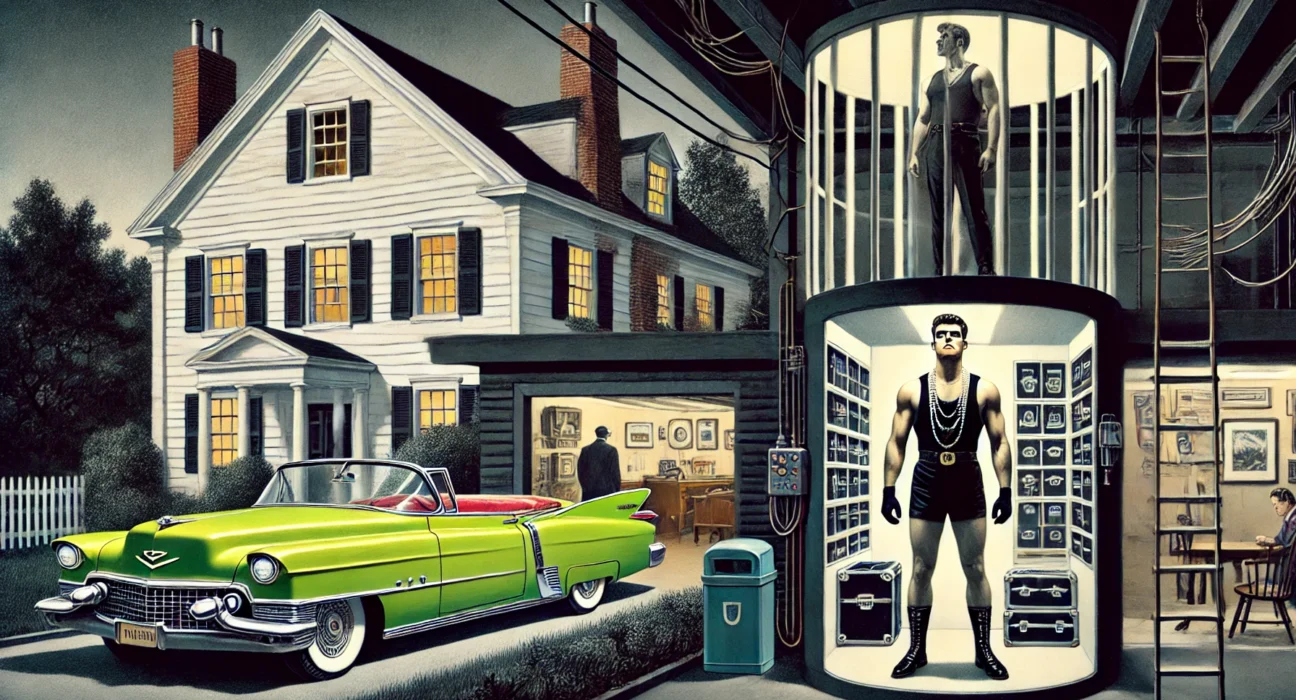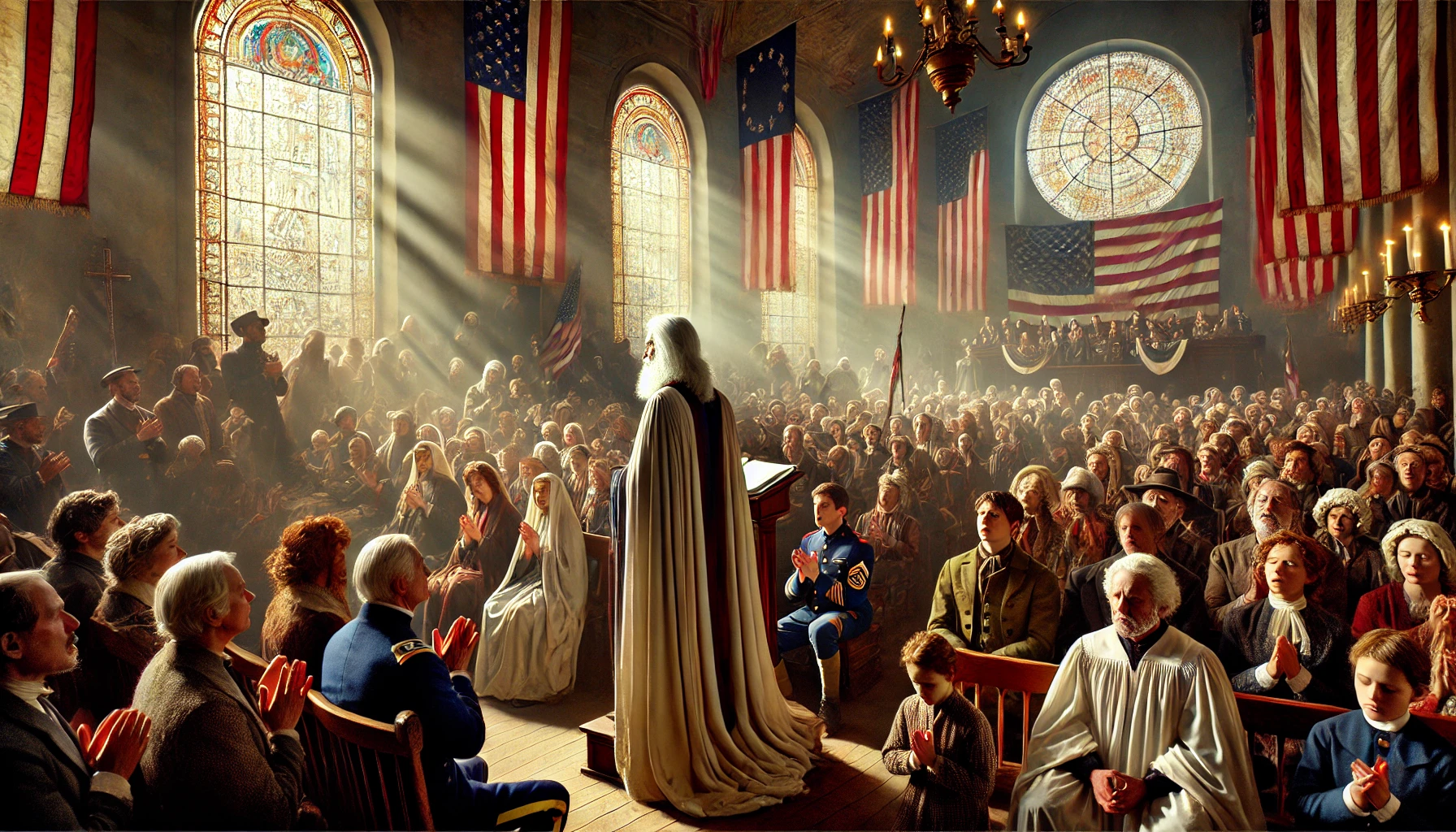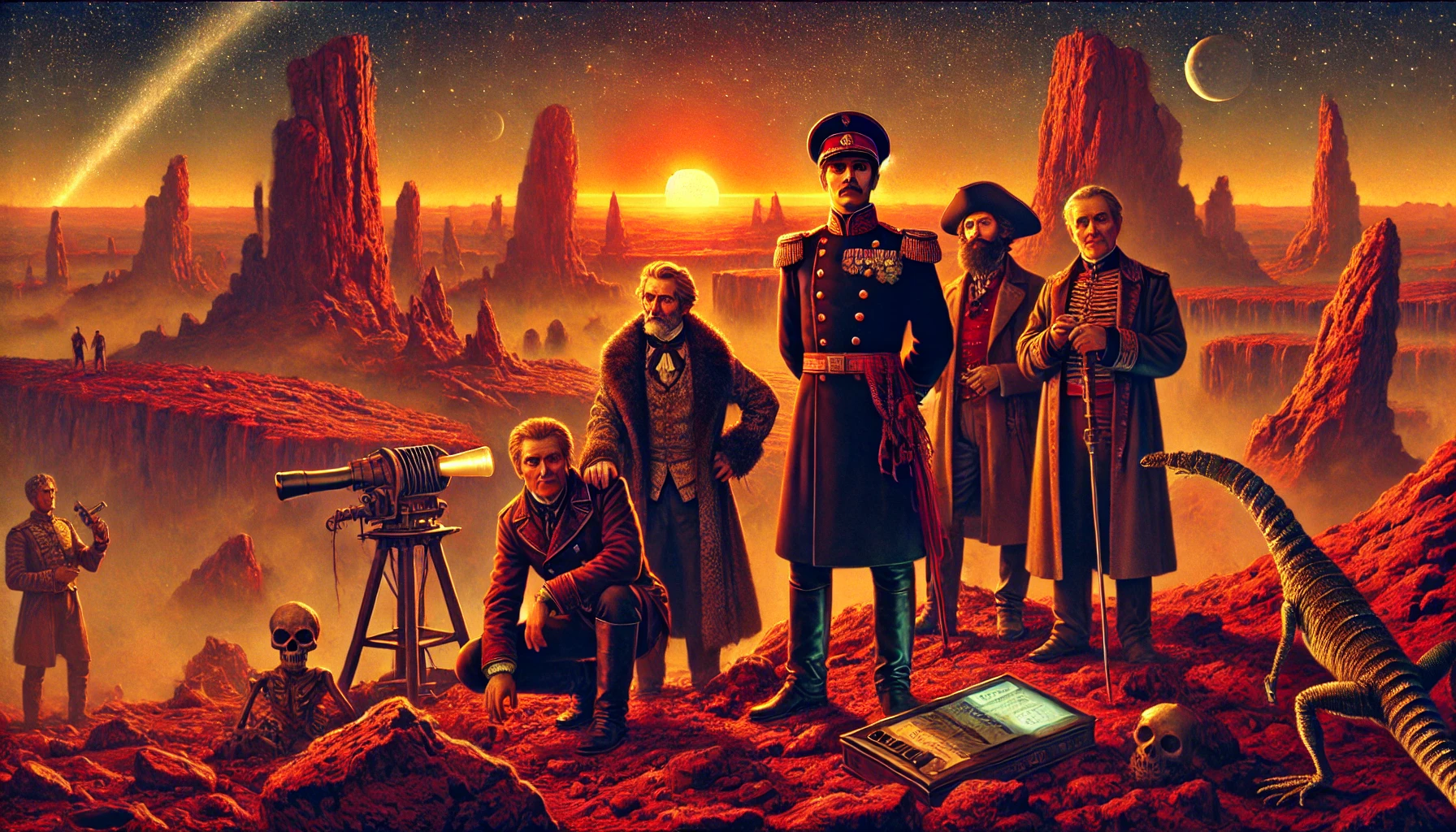“Love Story” by Irving Cox, first published in 1956, is a dystopian science fiction short story that explores gender roles, societal manipulation, and personal rebellion. Set in a matriarchal society where men are objectified and controlled through a mysterious substance called “the compound,” the story follows George, a young man who is immune to the substance. His immunity becomes the foundation for a daring plan to escape societal expectations and expose the reality behind the compound.
Plot Summary
George’s life was shaped by a rigid matriarchal system that treated men as commodities, molded for one purpose: marriage. At 19, he was an ideal product of this world—a muscular, handsome young man, valued at twenty thousand shares, meticulously trained by his mother to be sold off to the highest bidder. But George had a secret that set him apart. Unlike other men, he was immune to the compound, a drug given to boys during adolescence to enslave them to their desires and make them easier to control. George’s immunity made him dangerous, a hidden threat to the society that treated men like objects.
The duty bell rang, and George clattered down the steps of his confinement cubicle. His mother was waiting in her luxurious car. Their relationship was one of ritualistic coldness, and although he played the role of the obedient son, George had long since lost any genuine connection with her. She saw him as a transaction—a means to gain more shares in a society ruled by corporate wealth. She informed him that Mrs. Harper had made a bid for him. The woman was interested in marrying her daughter Jenny to George, and his mother, ever the businesswoman, was set on sealing the deal.
Jenny Harper was different from the other women George had encountered—youthful and vibrant, unlike the calculating older women who ruled his world. There was a glimmer of genuine affection between them, but George’s mind was fixed on a different goal. He had no intention of being just another man enslaved by the compound and controlled by a wife. He saw in Jenny not just a wife, but an opportunity for revenge. His immunity gave him a rare advantage, and he planned to use it. If he could marry Jenny and find out where the compound was made, he could destroy it and free other men from the cycle of manipulation.
The marriage negotiations went smoothly. Jenny wanted George, and the price was set at twenty-eight thousand shares. The wedding was a grand affair, a spectacle of wealth and power. Jenny, radiant in a nearly transparent gown, was eager to begin their life together, imagining a perfect romance. George, however, had his sights set on a different future. After the ceremony, Jenny revealed the secret—she knew where the compound was manufactured, in the Directorate Building in Hollywood.
Their honeymoon was planned at Memory Lodge, a luxurious resort in the mountains. George, now with the knowledge he needed, began to devise his escape. As they drove toward the lodge, George deliberately took a wrong turn, driving deeper into the isolated mountain roads. Jenny, lost in her romantic fantasies, didn’t notice at first. But as the roads became rougher and more remote, she began to realize something was wrong. George finally stopped the car in a clearing and confronted her. He needed the information she had, but Jenny, still caught up in her idealized vision of their love, didn’t fully understand his intentions.
She confessed her love for him, believing that her devotion would be enough to bind them together. George, however, was unmoved. He pressed her for the truth, demanding to know the location of the compound’s production. Jenny, in her desperation to keep him, finally told him. The compound was made in a hidden part of the Directorate Building, a place where only the highest-ranking women had access.
Satisfied, George was ready to leave. But Jenny wasn’t about to let him go so easily. While he had been gathering firewood, she had sabotaged the car, removing the distributor cap. Furious, George confronted her, but even after his violent outburst, she remained loyal, proclaiming her love despite the abuse. Her devotion unsettled George. He hadn’t expected her to cling to him after such treatment. He retrieved the distributor cap and left her unconscious by the fire, leaving her with a map that would guide her back to civilization.
By dawn, George reached the outskirts of Hollywood. He needed a disguise to enter the Directorate Building, which was off-limits to men. In a residential neighborhood, he broke into the home of an unmarried woman and stole her dress, leaving her unconscious in the process. Cloaked in the oversized garment and a wide-brimmed hat, George made his way into the Directorate, blending in among the crowds of women.
Inside, he explored room after room filled with cosmetics, household gadgets, and displays of wealth—symbols of the society that had subjugated men for so long. There was no sign of the compound. Growing more desperate, George descended into the basement, where he finally found what he thought was the heart of the operation—machines filling bottles with the infamous compound. But as he watched, a sickening realization hit him. The bottles contained nothing more than harmless flavoring syrup and vitamins. The compound was a lie. There was no drug enslaving men; the real prison was the belief in the lie itself. Men were controlled not by addiction, but by their own fear, guilt, and conformity.
Before he could process the full extent of this revelation, the Morals Squad surrounded him. Armed and imposing, these women were the enforcers of the matriarchy’s rule. But instead of killing him, the Top Director approached George with pity in her eyes. She revealed that every so often, a man like him figured out the truth, and they let him see it before dealing with him. She offered no anger, only resignation. The society George had lived in was built on a lie that was too ingrained to dismantle. Men accepted their roles because they were too afraid to challenge them.
Just as the Director prepared to end his life, Jenny appeared, holding a gun. She demanded that George be freed, declaring that she wanted a real man, not the hollow imitation her society created. The Director, moved by Jenny’s sincerity and perhaps by her own sense of regret, allowed them to leave. She gave George and Jenny a brief head start, telling them of a bachelor camp in the mountains where they might find safety.
Hand in hand, George and Jenny fled, knowing that the life they sought would not be easy. But for the first time, George felt a glimmer of hope—not just for himself, but for the possibility that the lie they had been living might someday crumble, leaving room for something real and true.
Main Characters
George: The protagonist, a 19-year-old man who has grown up in a world dominated by women. He is raised to be sold into marriage but harbors a secret—he is immune to the compound that subdues other men. His immunity leads him to question the status quo and pursue a plan for revenge.
George’s Mother: A wealthy and controlling woman who sees George as a commodity to be sold to the highest bidder. She embodies the cold, calculating nature of the matriarchal society, using her sons and husbands for financial and social gain.
Jenny Harper: George’s potential bride, who, like other women in the story, has been conditioned to see men as tools for her own pleasure and benefit. Despite her complicity in the system, she develops a complex relationship with George, ultimately becoming part of his plan for freedom.
The Top Director: A powerful figure in the ruling matriarchy, she represents the peak of female authority in the story. Her interactions with George reveal the deeper truths of the society and the hollowness of the power structure that enslaves both men and women.
Theme
Gender and Power: The story flips traditional gender roles, presenting a matriarchal society where men are objectified and commodified. The dynamics between men and women explore themes of power, dominance, and the dehumanizing effects of societal structures.
Conformity vs. Rebellion: George’s immunity to the compound symbolizes his internal rebellion against the imposed norms of his society. The story delves into the tension between conforming to societal expectations and the desire to break free from them.
Manipulation and Control: The use of the compound as a means to control men’s desires serves as a metaphor for societal manipulation. The compound is believed to enslave men, but the story suggests that true control comes from the internalization of societal lies and expectations.
Illusion vs. Reality: A key motif in the story is the illusion of love and happiness perpetuated by the matriarchy. The “love stories” broadcasted on television and the compound itself are revealed to be fabrications, highlighting the gap between societal ideals and personal truth.
Writing Style and Tone
Irving Cox employs a sharp, satirical writing style that critiques societal norms through the lens of dystopian science fiction. His language is precise and sometimes clinical, mirroring the cold, transactional nature of the society he depicts. The dialogues, especially those between George and his mother, are filled with irony, highlighting the detachment and emotional emptiness that pervades their world. Cox uses descriptive detail sparingly, focusing instead on the psychological and societal dynamics at play.
The tone of the story is one of bitter cynicism, as Cox presents a world where love, freedom, and individuality have been sacrificed for power and control. The narrative’s dark humor often underscores the absurdity of the characters’ lives, particularly in how they are manipulated by societal expectations. Even as George plans his escape, the tone remains ambivalent, suggesting that true freedom may be elusive, even for those who manage to break away from the system.
We hope this summary has sparked your interest and would appreciate you following Celsius 233 on social media:
There’s a treasure trove of other fascinating book summaries waiting for you. Check out our collection of stories that inspire, thrill, and provoke thought, just like this one by checking out the Book Shelf or the Library
Remember, while our summaries capture the essence, they can never replace the full experience of reading the book. If this summary intrigued you, consider diving into the complete story – buy the book and immerse yourself in the author’s original work.
If you want to request a book summary, click here.
When Saurabh is not working/watching football/reading books/traveling, you can reach him via Twitter/X, LinkedIn, or Threads
Restart reading!








